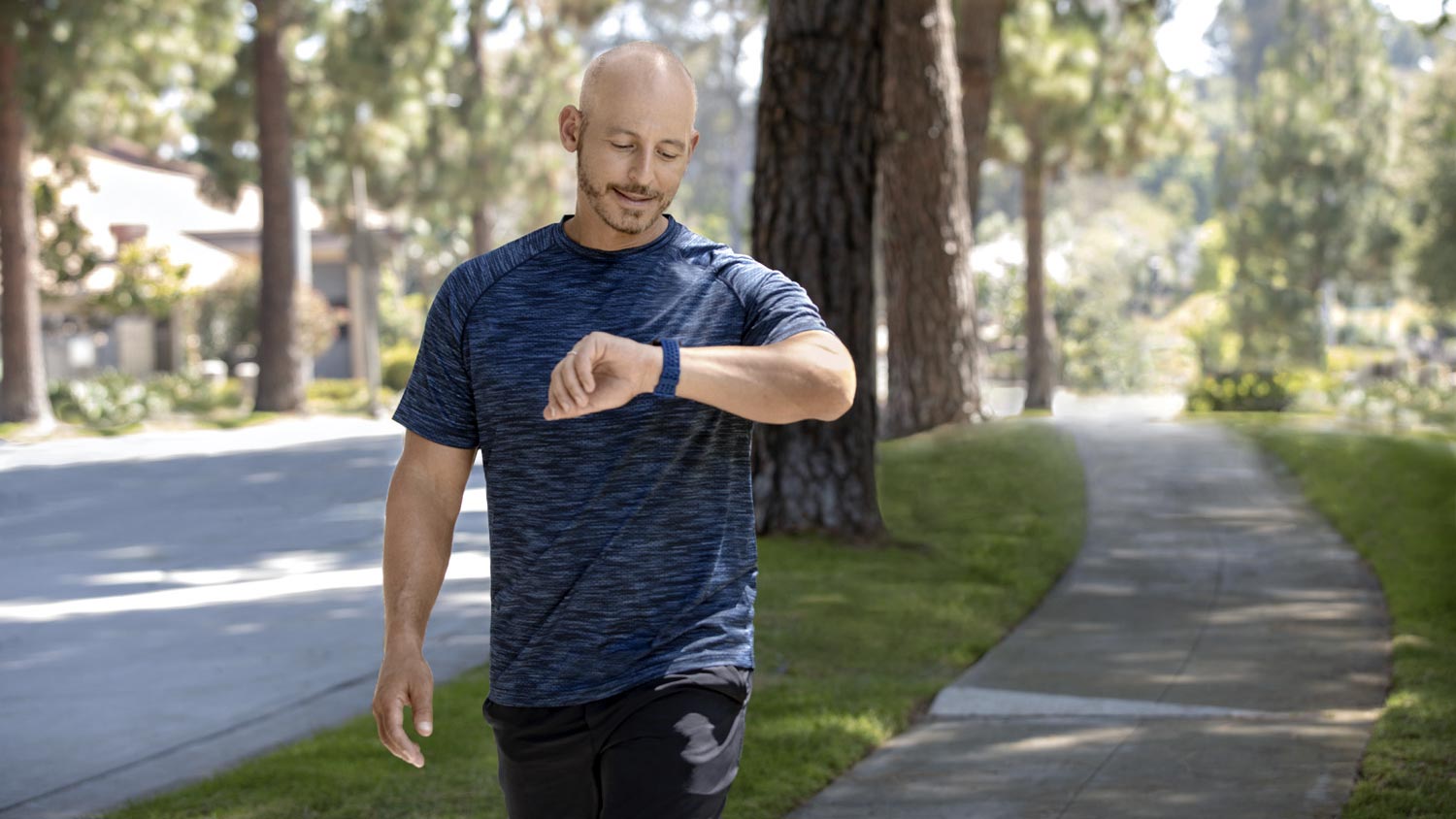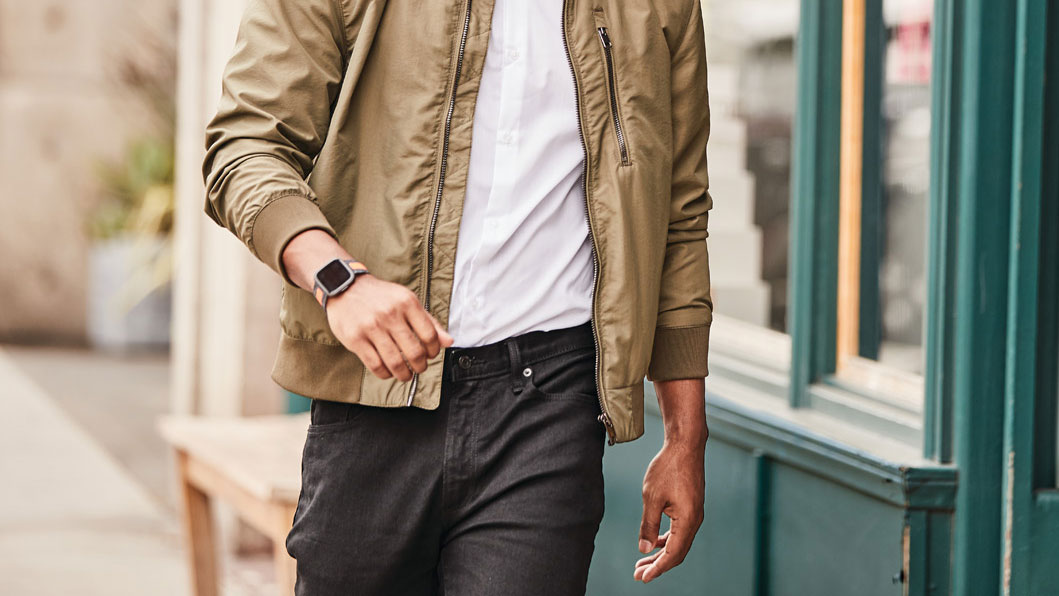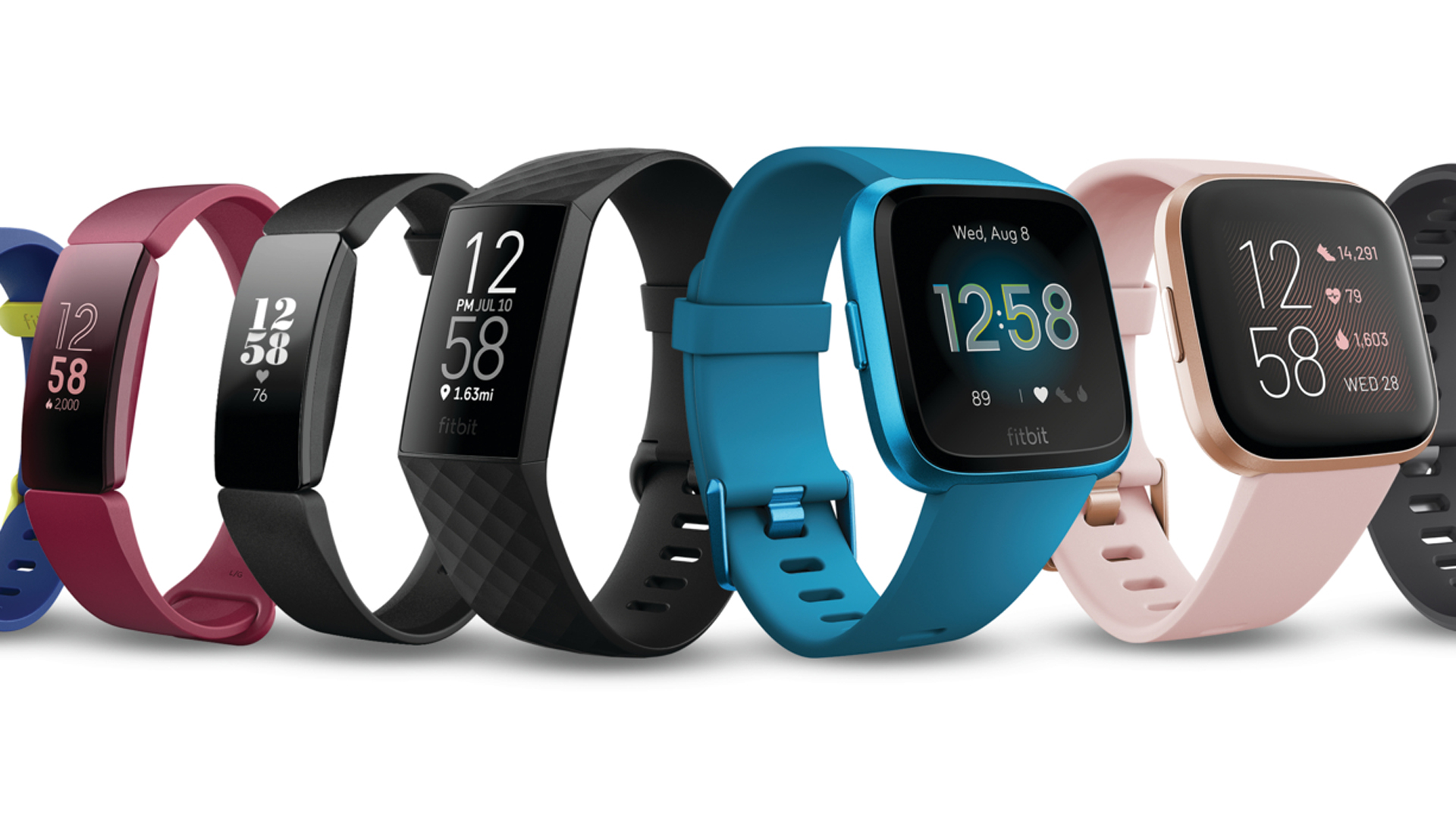Your Fitbit could detect signs of coronavirus, according to early studies
Early trials by Fitbit's researchers have found the fitness trackers can detect early signs of coronavirus


Start your week with achievable workout ideas, health tips and wellbeing advice in your inbox.
You are now subscribed
Your newsletter sign-up was successful
One of the big problems Fitbit set out to tackle in May is how easily coronavirus spreads. People are getting out and about now lockdowns are over, mixing with others, and unknowingly spreading the disease.
Wouldn't it be great if you had a device on your body which could look for signs of the disease – perhaps a small device attached to your wrist, like a smartwatch or fitness tracker – that could spot for early signs of the disease you might not be aware of and alert you?
- Best Fitbits - work out which one you should buy
- Cheap Fitbit deals - and then get it at the best price!
Well, this just might be the case. Fitbit began a study in May, in which it enrolled over 100,000 participants across the U.S. and Canada to wear the fitness trackers and attempt to pick up early signs of a coronavirus infection.
This included 1,100 carriers of the virus. Looking at "heart rate, breathing, physical activity and quality of sleep", Fitbit aimed to develop an algorithm to spot early signs of the virus and alert the wearer to presumably self-isolate and get tested.
90 days after the study, some promising results are coming in according to Fitbit's director of algorithm research Conor Heneghan. In a blog post published earlier this week, he writes:

"So far, we’re encouraged to see physiological signs of disease detected by Fitbit devices simultaneously with study participants’ reporting the onset of COVID-19 symptoms, and in some cases even before.
"Based on the findings of our study, we can detect nearly 50 percent of COVID-19 cases one day before participants reported the onset of symptoms with 70 percent specificity.
Start your week with achievable workout ideas, health tips and wellbeing advice in your inbox.
"This is important because people can transmit the virus before they realize they have symptoms or when they have no symptoms at all. If we can let people know they should get tested a day before symptoms begin, they can isolate and seek care sooner, helping to reduce the spread of COVID-19."

The research also provided some fascinating insights. Unusual fatigue was reported in 72% of positive coronavirus cases, with headaches and muscular body aches being the next most common symptom, with 65% and 63% of all cases reporting feeling these effects.
The research is ongoing, but Fitbit's ultimate aim is to roll this out as an update to all its compatible devices. However, there's no clear date as to when this might happen. Until then, keep an eye out for the above symptoms.
You should also be wearing the correct mask. One study looked at 14 different kinds of masks, from scarves to surgical face coverings, to find out which are most (and least) effective at preventing the coronavirus spread.
Liked this?
Matt Evans is an experienced health and fitness journalist and is currently Fitness and Wellbeing Editor at TechRadar, covering all things exercise and nutrition on Fit&Well's tech-focused sister site. Matt originally discovered exercise through martial arts: he holds a black belt in Karate and remains a keen runner, gym-goer, and infrequent yogi. His top fitness tip? Stretch.
